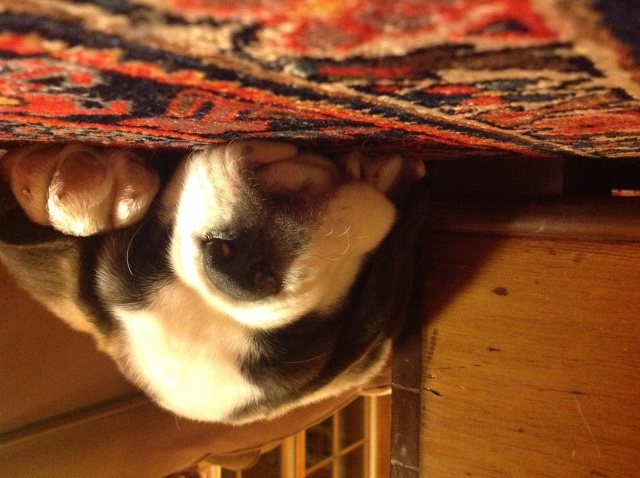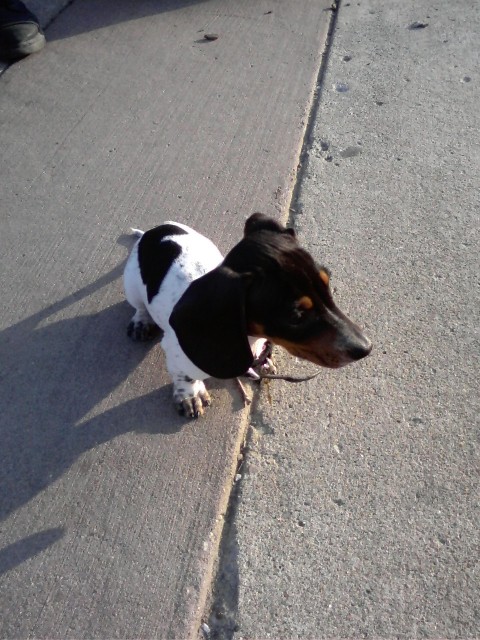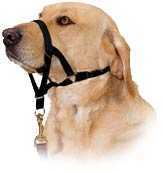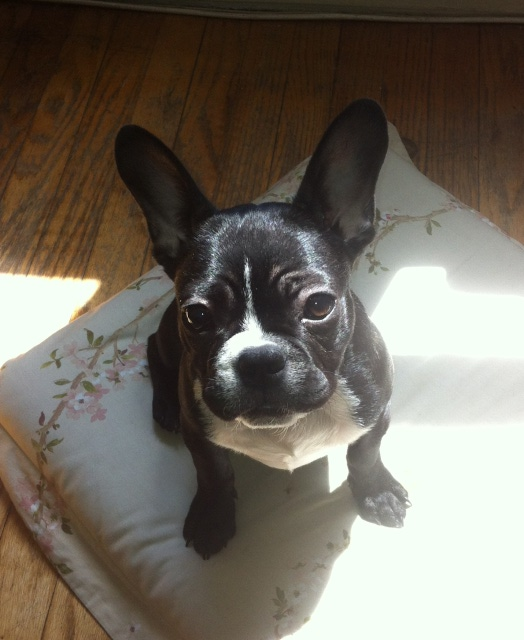QuestionHi Henry,
I need some expert advice on dog behaviors and how to best deal with them...
The two dogs in question are my 5 year old female (spayed) Jack Russell Terrier from a breeder, and a 1 year old (neutered) male Chihuahua/doxie mix who I adopted from a local pet rescue a week ago.
My question is how do I tell if they are engaged in rough play, or are escalating into actual fighting?
The JRT is a very dominant dog, but at the same time is very friendly and loves people (even small children) and other dogs. When playing she is always conscious of the level her "opponent" (whether it be people or dogs) is on physically and restricts her play to be within the bounds of what the opponent can handle.
Because she is prone to running away when off-leash, taking her to the dog park to play with other dogs is not a viable option. Whenever we have canine visitors however, she handles herself beautifully and plays her little heart out. At the end of the day she is a much more compliant, less high strung dog, and it is for this reason we decided to get her a playmate.
I adopted a young neutered male because I found in my research that this would be the best dog to introduce into a household like ours, and the most likely to be successfully integrated into the "pack".
After meeting the young male I adopted, I really liked his sweet personality and that he does not lick excessively or "mouth" everyone the way the JRT does. He is comparable in size to her (so he would not be intimidating to her, and she would not be intimidating to him )and a feisty dog, which is a necessity because our JRT's high strung nature tends to has scare the bejezzes out of more docile dogs. Lastly, since he still is very young and wants to play constantly, I concluded he would be a great match because our JRT only has two speeds: on and off (off being asleep).
The Chi was brought in last week, and initially the JRT was so excited I thought her tail was going to wag right off. They played constantly the first day, mostly taking turns chasing each other.
The next day their play was still pretty mild, but it has seemed to gradually increase each day into more and more aggressive play.
Where there was a lot of chasing initially, there is now a lot more wrestling, snarling, growling and mouthing/play biting. While both dogs initiate these little scuffles, it seems the Chi takes over a lot. They will go from snarling and nipping at one another to the Chi gently biting the JRT on the neck, face, or hind legs. I've watched as he does this, and its more like he puts his mouth on her and makes a biting motion, but does not ever leave a mark or cause her to yelp.
Most of the time the JRT just stands there and lets him play bite her and almost looks bored. When it seems shes tired of this, she will either wrestle out of his grip or snarl and move away from him. The Chi however will continue to follow the JRT a lot of the time, nipping at her hind legs and trying to start the play biting over again.
Usually she stops and he gnaws on her face and neck a time or two more, but after that she usually refuses to engage with him. He will still follow her for a while longer (maybe 5 mins), but once he realizes the JRT is done engaging with him, the Chi stops trying. From there the two dogs will either sit near one another, go have a drink of water together, or go do things on their own.
While the "fight" is happening, the whole thing looks scary and they sound positively like they are killing each other, but there has never been any bloodshed or even any bite marks on either dog.
Does this sound like play or should we be worried about the persistence of the Chi escalating them into a real fight?
At first I was worried and tried to break them up when the Chi would be continually gnawing on the JRT, but after doing some research online about pack order and the establishment of such, I am not so sure we should be interfering in these interactions.
My dad is very concerned about the Chi's behavior, but I am not sure exactly what to think. I know that it looks bad, but I've read that rough dog play sounds and looks to the untrained eye like combat. In my mind, eventhough they are approximately the same size, the JRT is much more muscular and has a far larger jaw and teeth than the Chi, so if this were a real fight and she truly hated him, she could quickly kick the crap out of him and do much more serious damage than he could do her.
A lot of the time, these little skirmishes start over the attention one dog receives from me. The JRT's "person" is my dad, and the Chi has claimed me as his "person". Often though the JRT will snarl and growl at the Chi if both are vying for my attention and the Chi gets it first, or if the Chi tries to interfere with her attention time with me.
Conversely, the Chi will be the aggressor when the JRT approaches me.
This possessive behavior seems to be lessening some by the family treating the JRT as the dominant dog (i.e. greeting her first, feeding her first), however we are still seeing these very vocal and physical squabbles break out between the two several times a day.
Should we be worried that this seemingly aggressive behavior is only going to escalate? Or is this simply the adopted pup's schooling from the older dog about appropriate play and his place in the "pack"?
How should we react when they scuffle like this?
What actions indicate that we should intervene in their squabbles?
Right now we crate the Chi if no one is going to be home to supervise him with the JRT, and he sleeps in his crate at night as well.
Should we continue with this practice, or is it prolonging the process of them acclimating to one another? If we should continue this, then for how long?
How can we encourage less violent play, or is this just characteristic of these breeds?
Any advice and help is GREATLY appreciated!
Thank you in advance,
Elizabeth
AnswerSounds normal to me. Young dogs play fight as part of socialization and growing up. The JRT is properly responding by playing when it wants, and ignoring when it does not. The young dog should taper off as time passes and it learns the JRT is or is not willing to go along.
The dogs needs obedicence training which includes socialization and play skills. Also the nothing for free program and a part we call "my ball" where you take turns sharing the same toy between owner and each dog, and each has to wait its turn to be offered the toy. With GIVE and TAKE, commands the dogs learn to share and play nice.
Regards,
Henry Ruhwiedel
Westwind Kennels LLC

 Dog jumps on counters, Refrigerator,cabinet tops when Im not home
Question
Bell
Hello,
I dont even know where to
Dog jumps on counters, Refrigerator,cabinet tops when Im not home
Question
Bell
Hello,
I dont even know where to
 puppy is shy - is this a deal breaker?
Question
Our baby!
Hi there - First of all, tha
puppy is shy - is this a deal breaker?
Question
Our baby!
Hi there - First of all, tha
 My mini-daschund is breaking ME in
Question
Tyson!
My miniature daschund is 8 months now,
My mini-daschund is breaking ME in
Question
Tyson!
My miniature daschund is 8 months now,
 head collar on dogs
Question
head collar on dogs
hello madam, may i know wh
head collar on dogs
Question
head collar on dogs
hello madam, may i know wh
 Trying to housebreak pup & she stops going
Question
Rubie Rooh
Hello - I have a 4 month old
Trying to housebreak pup & she stops going
Question
Rubie Rooh
Hello - I have a 4 month old